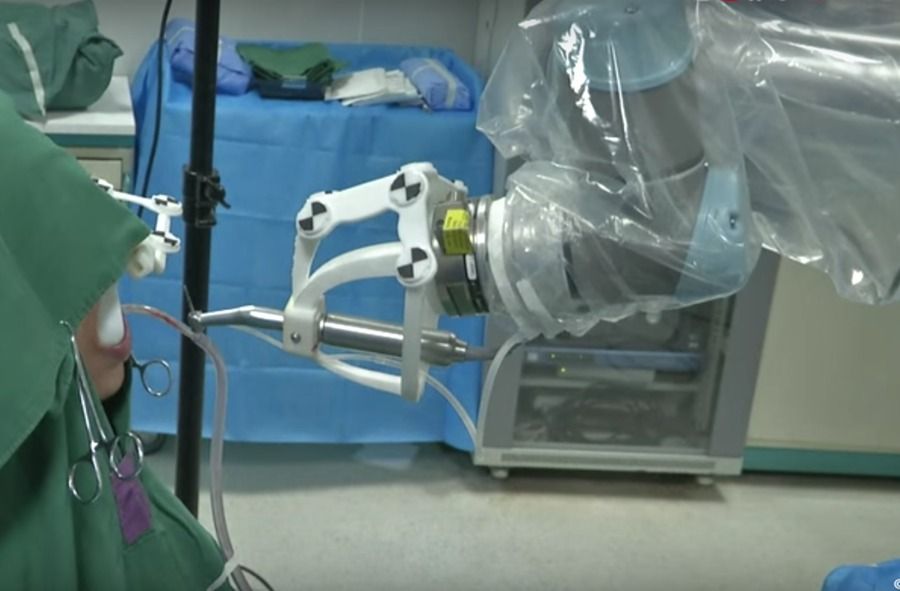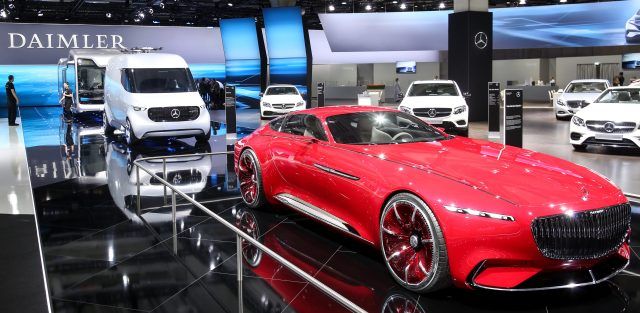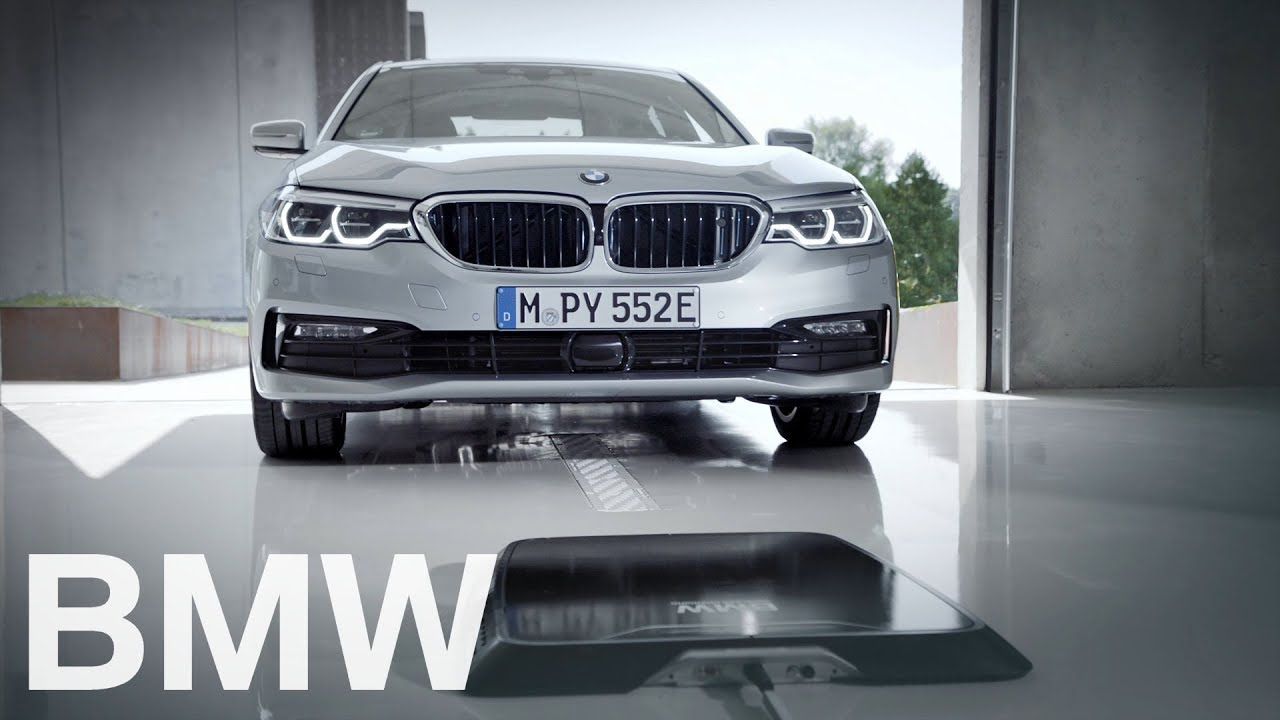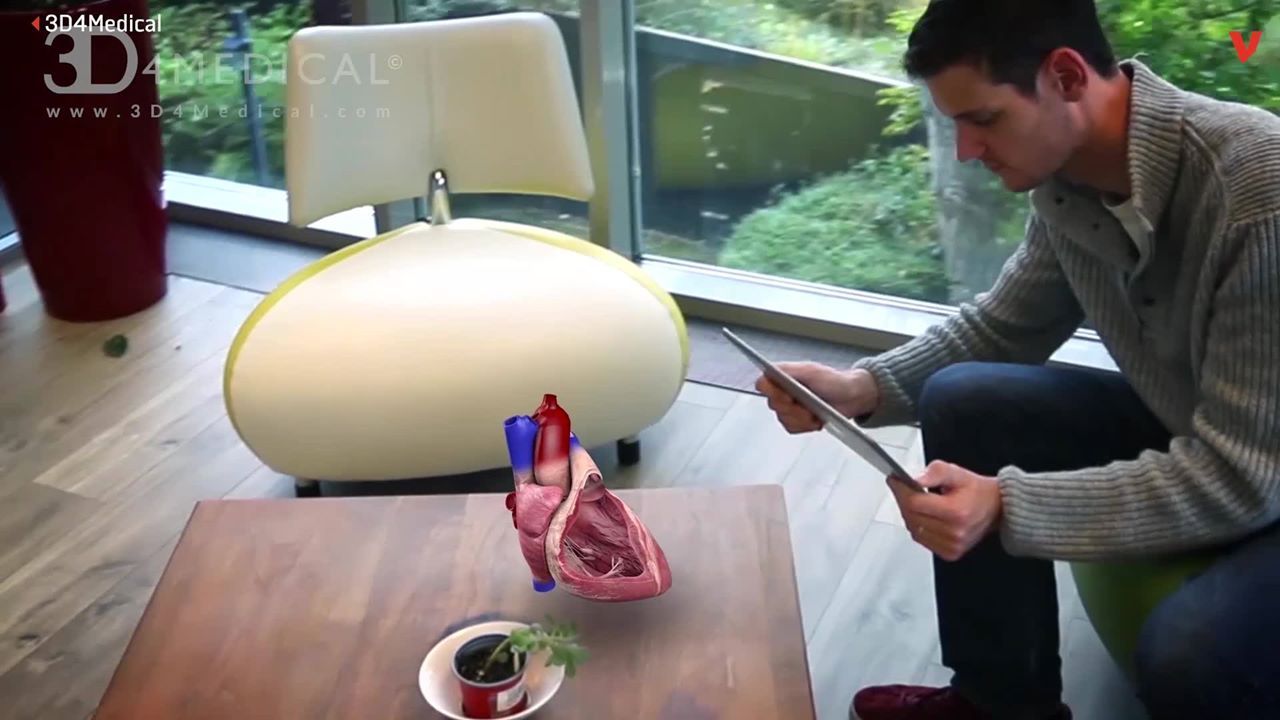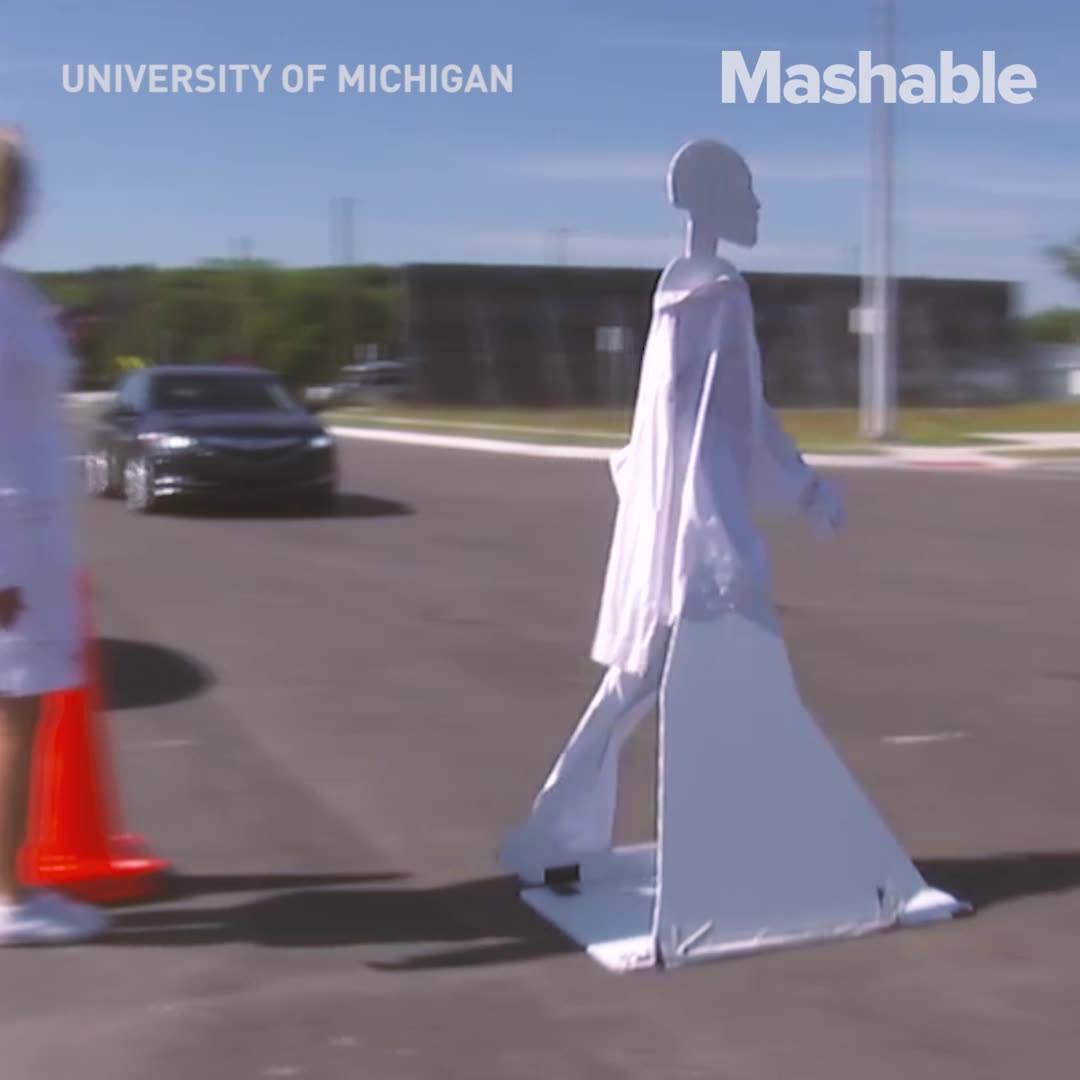Page 10480
Sep 30, 2017
LOOK: Robot In China Successfully Performs Dental Surgery On Living Person
Posted by Shailesh Prasad in categories: biotech/medical, robotics/AI
A robot in China has successfully performed dental surgery on a volunteer. The recent procedure records the first successful autonomous implant surgery, and could change the way dental surgery is performed in China.
Brave Volunteer, Successful Surgery
Would you willingly get dental surgery from a robot? One woman did and because of her bravery, experts saw how the robot was able to perform dental surgery successfully and efficiently — not to mention she got two of her teeth replaced with dental implants.
Continue reading “LOOK: Robot In China Successfully Performs Dental Surgery On Living Person” »
Sep 30, 2017
Mercedes-Benz’s $1 billion electric car ‘attack on Tesla’ is missing a zero, says Elon Musk
Posted by Shailesh Prasad in categories: Elon Musk, sustainability, transportation
Daimler, Mercedes-Benz’s parent company, announced last week a $1 billion investment in electric car and battery production in the US.
As with any new EV investment from a legacy automaker, the media painted it as an “attack on Tesla”, but Elon Musk, Tesla’s CEO and largest shareholder, doesn’t seem too worried about it.
Sep 30, 2017
BMW is set to offer a pad to wirelessly charge your car
Posted by Shailesh Prasad in category: transportation
Sep 30, 2017
A Smartphone Made in Russia Claims to be “Surveillance-Proof”
Posted by Shailesh Prasad in categories: mobile phones, security, surveillance
Russian IT security firm InfoWatch designed the phone for the corporate market, and claims users will control all information that passes through it.
Sep 30, 2017
Researchers invented a robot muscle that lifts 1,000 times its weight
Posted by Shailesh Prasad in category: robotics/AI
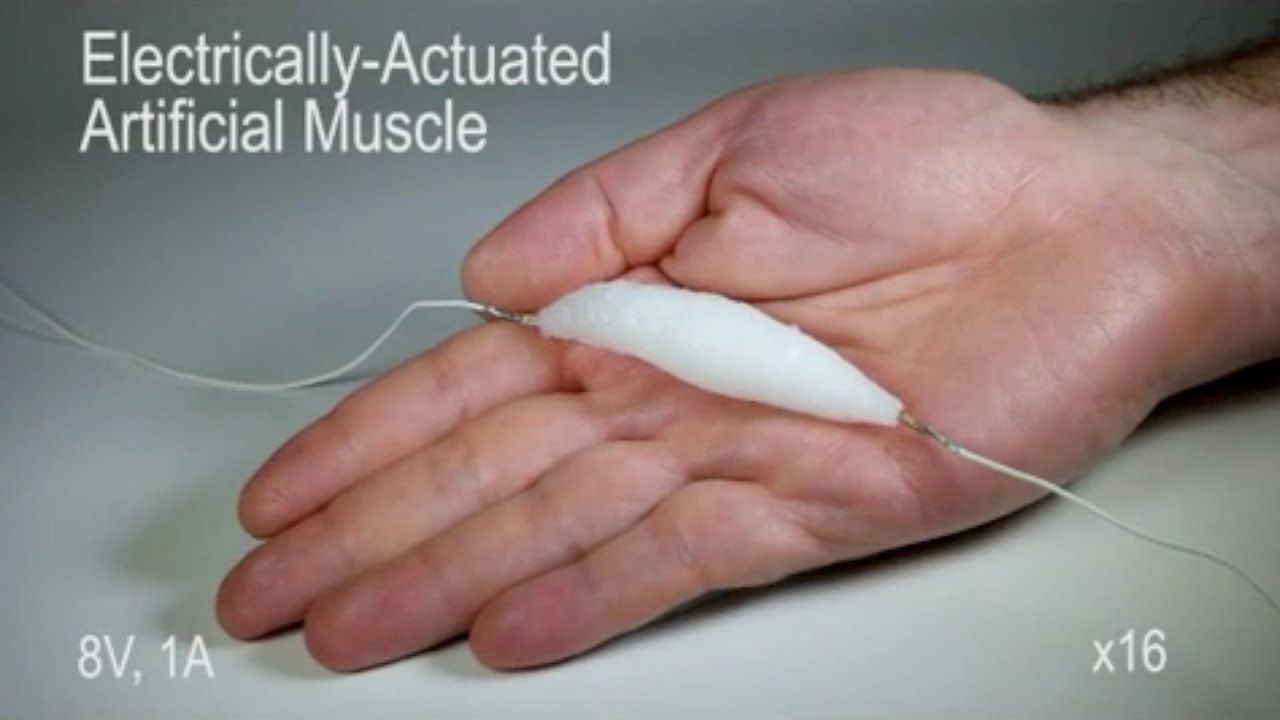
https://youtube.com/watch?v=ie1T6bxY7TE
Muscles lead to robots — which could lead to humanity’s new best friend.
Sep 30, 2017
8 Science Fiction Illustrations That Now Feel Crazy Prescient
Posted by Shailesh Prasad in categories: military, virtual reality
Looking back at vintage conceptions of the future can be interesting. Most depictions of the 2000s that were rendered in the 1800s or early 1900s come off as whimsical, because they’re so off-target. Illustrators in the past were often focused on transportation, military tactics, and domestic life, and they predicted everything from whale buses to Fallout -esque fashion. Some illustrated predictions, however, are eerily accurate.
In 1963, science fiction author Hugo Gernsback posed for Life Magazine wearing a fake mock-up of a tool featured in one of his stories. He called the contraption “TV glasses”. Considering them now, they look a lot like an oculus rift. Hugo told Life that users would one day watch television on screens so close to their eyes that they felt immersed in the action, effectively predicting the media’s recent preoccupation with virtual reality.
No one’s sure if Hugo also predicted immersive “action” of the pornographic kind, but that’s what technology’s up to now.
Continue reading “8 Science Fiction Illustrations That Now Feel Crazy Prescient” »
Sep 30, 2017
This new app brings 3D body parts into your living room
Posted by Shailesh Prasad in categories: augmented reality, education, health
Sep 30, 2017
There’s a fake city where cars are learning to drive themselves
Posted by Shailesh Prasad in category: transportation
Sep 30, 2017
New gene therapy prevents MS and reverses paralysis in mice
Posted by Shailesh Prasad in category: biotech/medical
Researchers at the University of Florida have developed a new gene therapy that shows promise in fighting multiple sclerosis (MS). Testing the technique in mice, the team found that the treatment was effective in preventing animals from developing the mouse equivalent of the disease, and almost completely reversed the symptoms in those that were already suffering from it.
MS is a debilitating immunological disease where the body’s immune system mistakenly attacks myelin, the tissue that surrounds and protects nerves. Once damaged, the exposed nerves can effectively short-circuit, resulting in issues with muscles, vision, speech and motor control. Potential treatments being studied include training the body to better tolerate myelin, drugs that target the immune system’s B cells, blocking proteins that cause inflammation in the body, or even “rebooting” the entire immune system.

